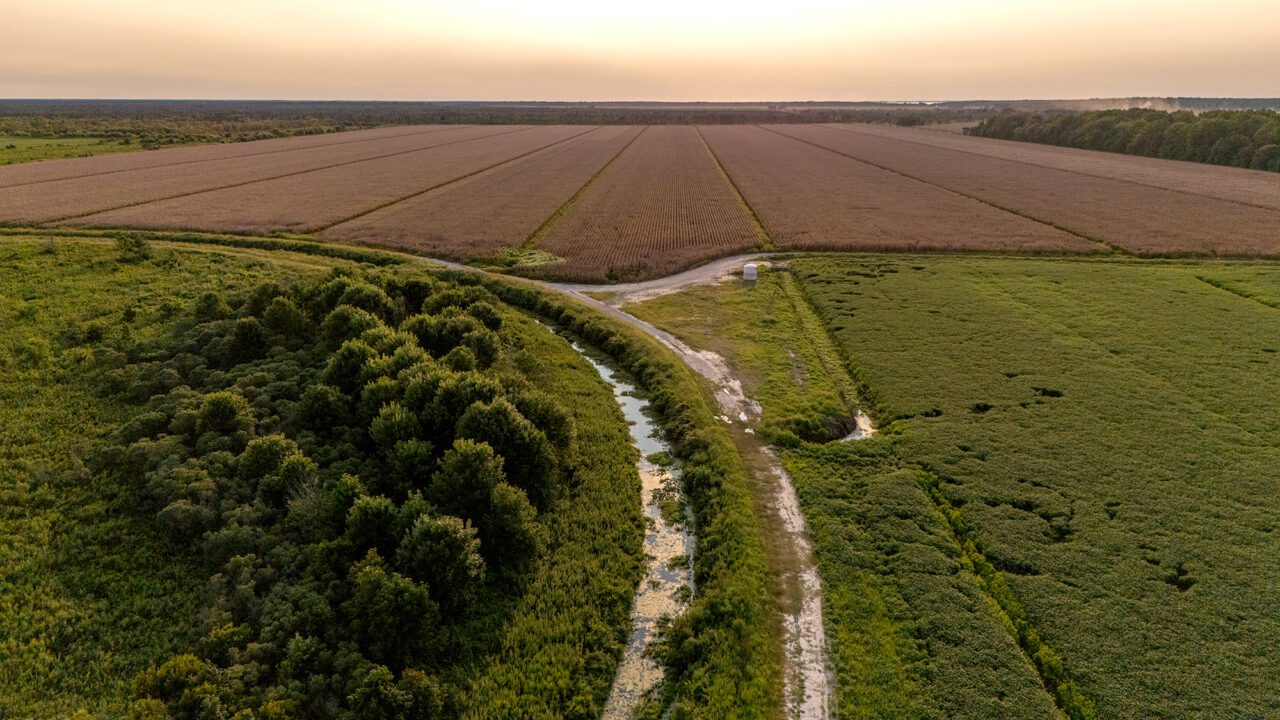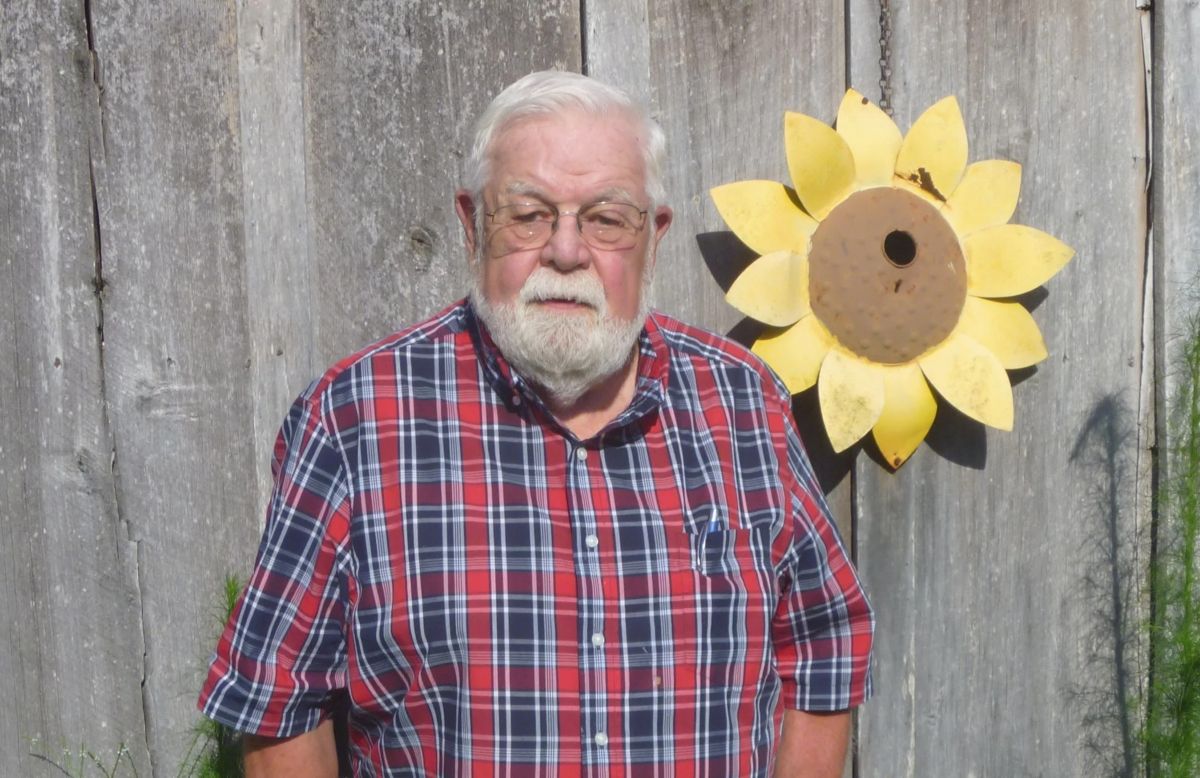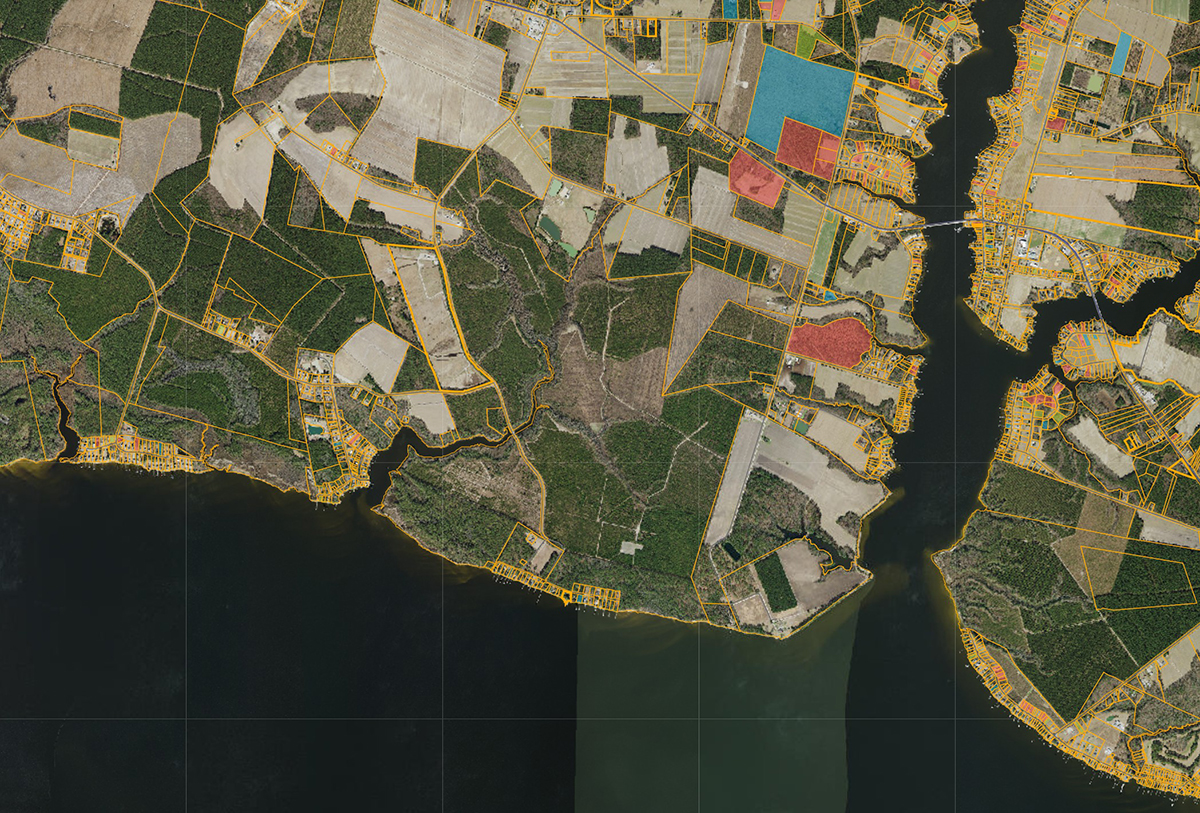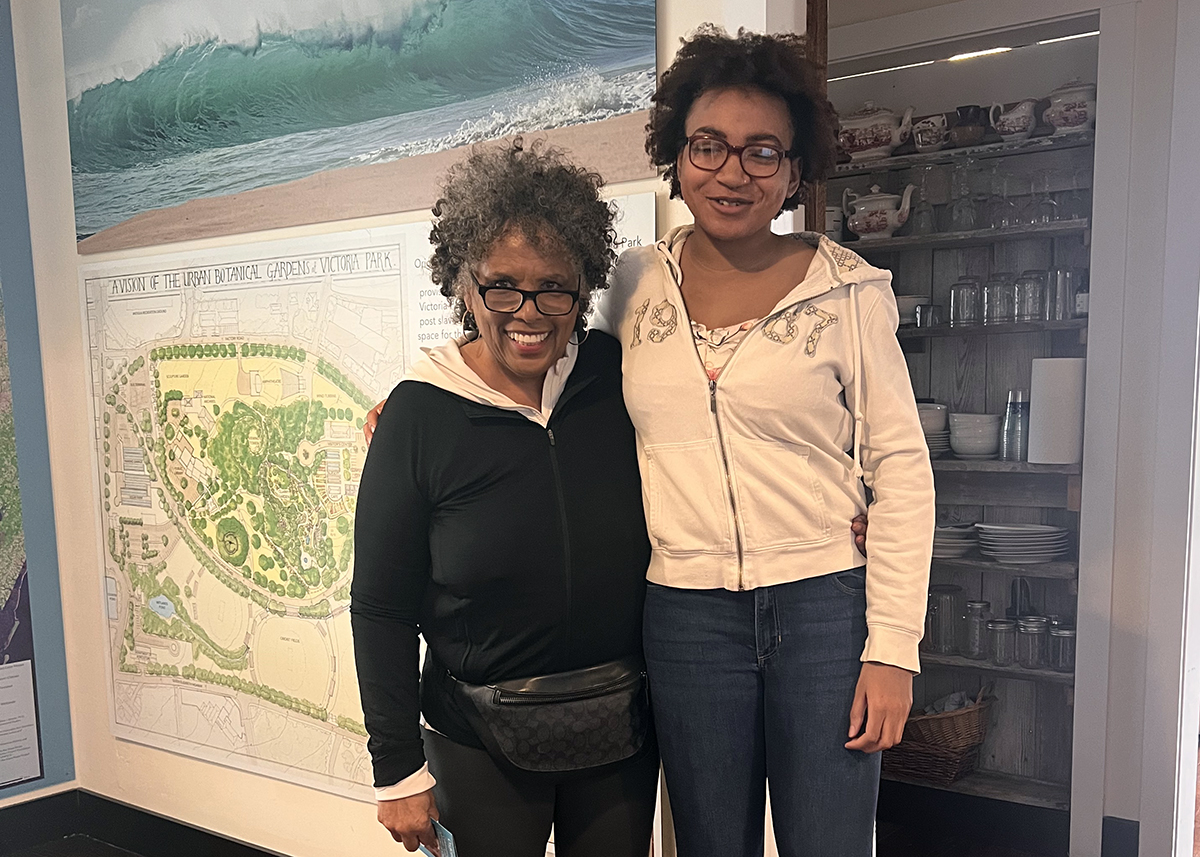
Dr. Ryan Emanuel does not remember when he first heard the English translation of the word pocosin.
He suspects it came from an authority figure, likely a teacher or professor. No matter. He believed the literal meaning of the Eastern Algonquian word was “swamp on a hill.”
Supporter Spotlight
It’s a translation that has been passed from generation to generation, one that Emanuel himself regurgitated in the courses he taught at North Carolina State University before accepting a job at Duke University’s Nicholas School of the Environment.
That changed after the Lumbee and environmental scientist, in preparation for a television interview, took a deep dive into the word’s meaning.
He surfaced with not only the fact there is no evidence to support the longstanding translation, but a broader lesson about humility in accepting the unknown, vigilance in search of the truth, and ethically and responsibly distinguishing between Western academic knowledge and Indigenous knowledge.
Emanuel details the intricacies of why it’s important for scientists to thoroughly vet Indigenous-to-English translations in a paper he authored that was published last fall.
“We all know that, as scientists, we can’t make things up, and we have to cite properly as scholars,” Emanuel said. “And we’re used to doing that with our Western scientific knowledge. Why is it OK to not be careful with something like the translation of an Indigenous term when we’re so careful with other aspects of our science?”
Supporter Spotlight

He’s not pointing fingers.
His aim is not to convey a message that scientists, himself included, take the translations of Indigenous words at face value with bad intentions.
“It’s just that we didn’t do due diligence and we were not careful with the use of this word in our science,” he said.
It wasn’t until roughly a decade ago when Emanuel was invited to speak in an episode of “Exploring North Carolina,” a popular PBS program hosted by Tom Earnhardt, that he decided to give in to his own curiosity about the word’s translation.
Indigenous peoples pass along their histories through stories and oral tradition.
“But there’s a conspicuous absence in any of our communities of anything resembling this translation,” Emanuel said.
He started going through a chain of citations back through time. They all converged on a linguistics paper written in the late 1800s, the text of which is in a volume carefully filed at N.C. State’s Hunt Library.
Emanuel opened the old, dusty cover to the volume, read and reread its contents, realizing the paper says nothing about pocosin meaning “swamp on a hill.”
“That’s when the lessons of this paper started to hit home,” he said.
The first lesson? His own irresponsibility at taking the translation at face value and perpetuating “this myth of a translation.”
“I felt bad about doing that, especially as an Indigenous person who had learned the translation through nonIndigenous sources and didn’t even think to put it through our own kind of knowledge verification processes,” he said.
What also struck him as “uncomfortable,” he said, was that “nobody else had either.”
“I do think that this speaks to the humility aspect of the lesson,” Emanuel said. “As scientists who want to know everything, we have to be OK with the fact that there are some things we can’t know and this is one of those things.”
That’s a fact Indigenous communities live with every day. Their ancient languages were taken away, erased in different ways throughout colonial records and government documents.
The frustration or incompleteness someone may feel because they wish they knew the meaning of the word is certainly not lost on Emanuel.
“I’ve got an entire world view that I can’t truly know because all of that language has been taken away. We have to accept the fact that there is nobody around who can tell us any deeper meaning of that word that is used to describe the place that it is,” he said.
By and large, Indigenous communities do not dwell on this fact, he said. It’s not productive, nor healthy.
Instead, they think about what they have been able to preserve. Their strong sense of kinship, their responsibilities to their community, their relationship to the places from which they come, which include pocosin-filled landscapes.
But even those are a fraction of what they once were.
Once extensive in North Carolina, the freshwater wetlands of the Southeastern coastal plain have been destroyed or degraded by logging and ditching and draining for conversion to agricultural land.
Pocosins are sometimes referred to as “carbon sinks” because of their ability to sequester and store carbon dioxide, or CO2.
But even as efforts have in recent years been made to restore some of these areas to their original form, a North Carolina law passed in 2023 strips protections for pocosins, undermining not only their ecological and hydrological value, but their cultural significance to Indigenous communities.
“When you look across Indigenous communities in this part of North America, these landscapes are incredibly important culturally to us, yet that’s not part of the conversation when it comes to whether and how to protect and preserve these places,” Emanuel said.
He doesn’t want the mistranslation to be a distraction to the work that’s occurring in restoring pocosins.
“It’s just a reminder that the words that we use matter and that words that come from Indigenous languages remind us that these names were used for these geographies and other things for centuries, if not millennia, before we took them up and starting using them for our purposes,” he said. “They’re special and unique places and one of my favorite things to do is to take students out into the pocosins and have them tromp around on those organic soils and dig down into the muck and get that sticky soil all over their hands.”







